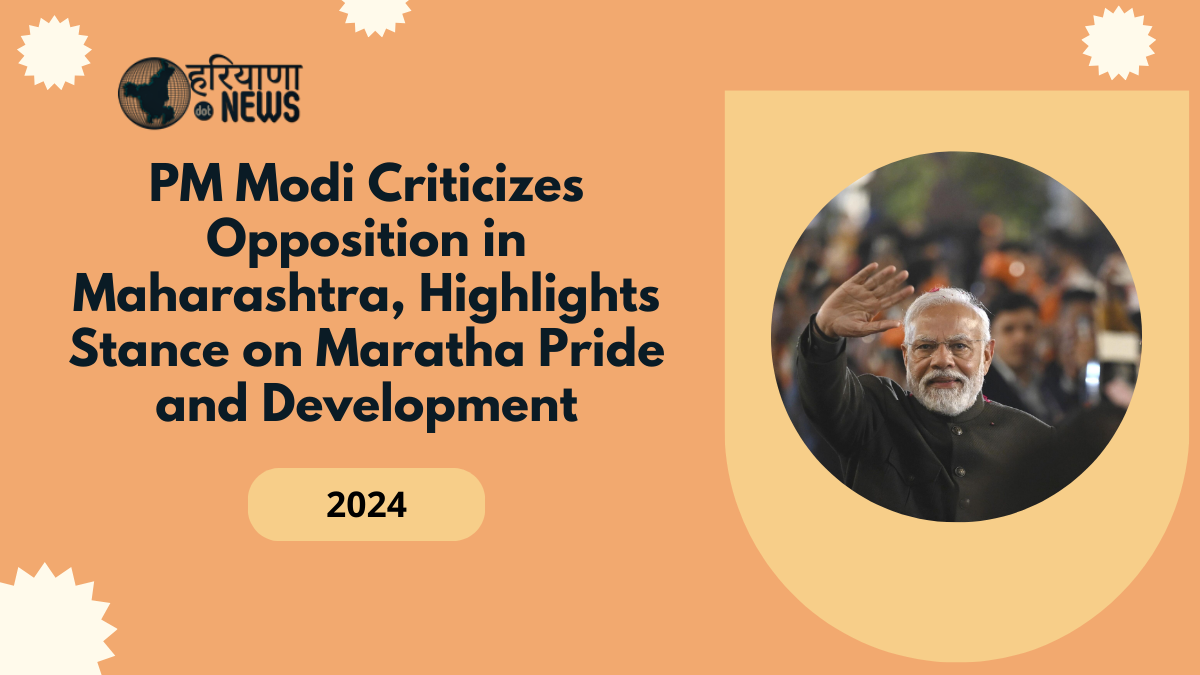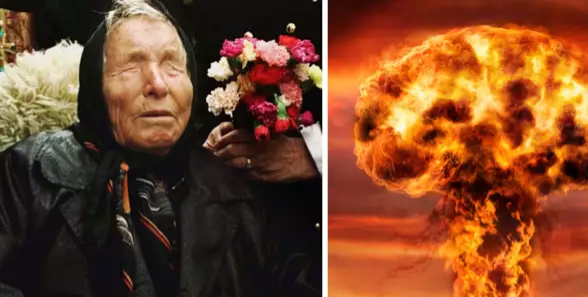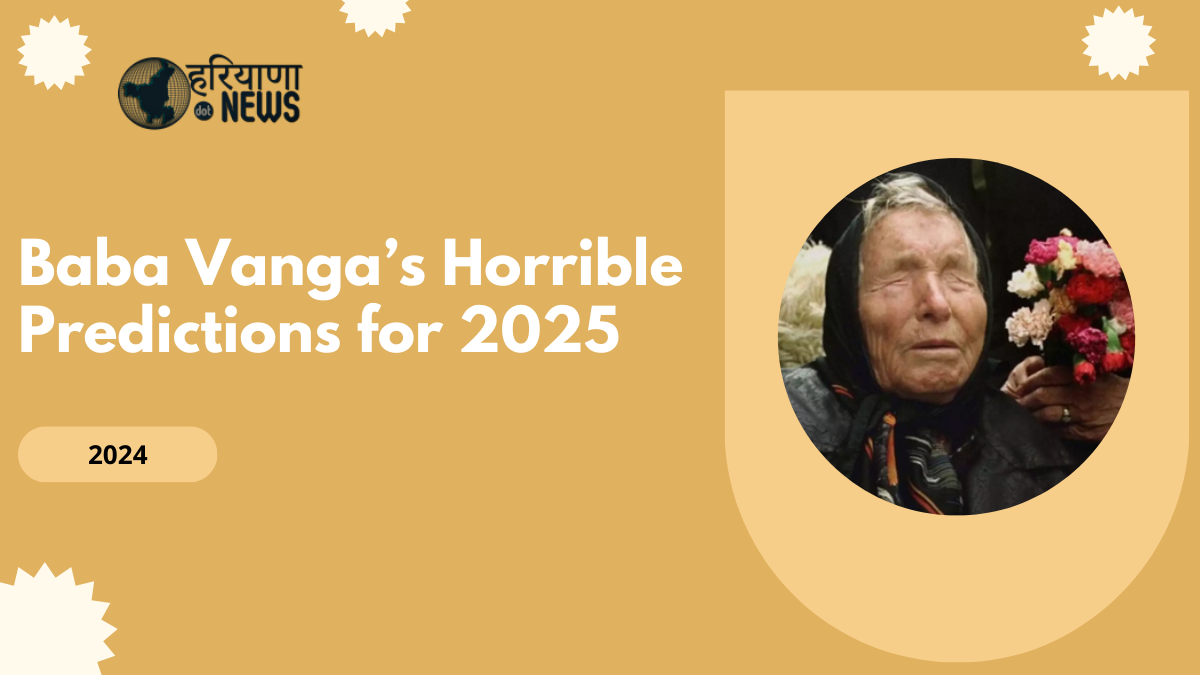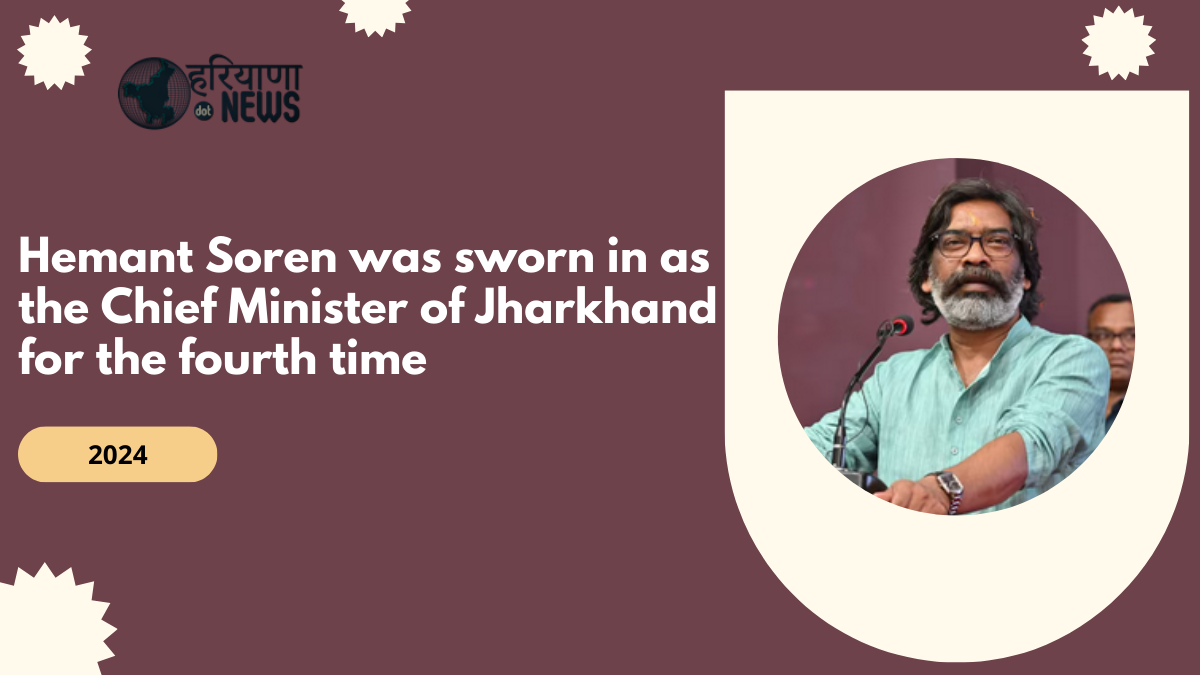During an election rally in Maharashtra, Prime Minister Narendra Modi launched a pointed critique of opposition parties, particularly their stance on issues he says undermine Maratha pride and regional identity. He specifically accused them of having an aversion to the legacy of Sambhaji Maharaj, the son of Maratha ruler Chhatrapati Shivaji Maharaj, who was executed by the Mughal emperor Aurangzeb. Modi condemned those who, in his words, view the “killer” of Sambhaji Maharaj as a “messiah,” suggesting that such figures are against the pride and identity of Maharashtra.
“Those who have an issue with Sambhaji Maharaj’s legacy and see a saviour in the name of his killer are standing against the pride of Maharashtra and the Maratha people,” Modi declared. He added that Maharashtra should reject any leadership that would compromise the honour and legacy of its historical icons.
Criticism of Congress on Reservation and Development Policies
Modi also took the opportunity to attack the Congress party, claiming it has consistently been opposed to reservation policies and inclusive development. He argued that Congress has long harboured a divisive agenda, rather than a developmental one. Citing old Congress advertisements that have resurfaced on social media, he alleged that Congress has often viewed reservations as contrary to merit and national unity.
“The Congress party has always resisted reservation policies and their vision for the country’s progress has remained rooted in elitism and division,” Modi said. He further suggested that the Congress party’s discomfort with an OBC Prime Minister demonstrates a deep-seated opposition to inclusive progress.
Renaming of Aurangabad as a Tribute to Maratha Heritage
Addressing the crowd in Chhatrapati Sambhajinagar, Modi highlighted the recent renaming of Aurangabad to honour the Maratha legacy. He stated that the Mahayuti government’s decision to rename the city fulfilled a longstanding wish of Shiv Sena founder Balasaheb Thackeray. Modi positioned the renaming as a symbolic action to reaffirm Maharashtra’s cultural pride and opposition to influences associated with Aurangzeb’s legacy.
Accusations Against Congress and Allies Regarding Article 370
The Prime Minister also touched upon the Congress party’s support for the now-revoked Article 370, which previously granted special autonomy to Jammu and Kashmir. He claimed that Congress and its allies, including members of the Maha Vikas Aghadi (MVA), favour a return to Article 370 and support a separate constitution for Jammu and Kashmir. According to Modi, this stance contradicts national unity and the interests of mainstream development in Jammu and Kashmir.
 Mumbai Police Detain Woman for Threatening Call on Prime Minister Modi’s Life
Mumbai Police Detain Woman for Threatening Call on Prime Minister Modi’s Life
 Hemant Soren was sworn in as the Chief Minister of Jharkhand for the fourth time, took oath as Jharkhand’s 14th chief minister
Hemant Soren was sworn in as the Chief Minister of Jharkhand for the fourth time, took oath as Jharkhand’s 14th chief minister
 India’s Strategic Breakthrough: Advancing SLBM Capabilities with INS Arighaat
India’s Strategic Breakthrough: Advancing SLBM Capabilities with INS Arighaat
 Chinmoy Das Arrest: High Court Petition Seeks Ban on ISKCON Amid Rising Violence Against Hindus in Bangladesh
Chinmoy Das Arrest: High Court Petition Seeks Ban on ISKCON Amid Rising Violence Against Hindus in Bangladesh
 Bangladesh Police Use Tear Gas and Batons Against Hindu Protesters After Chinmoy Das’ Arrest
Bangladesh Police Use Tear Gas and Batons Against Hindu Protesters After Chinmoy Das’ Arrest





Amit Shah Labels Opposition as the ‘Aurangzeb Fan Club’
In a similar vein, Union Home Minister Amit Shah criticized the Maha Vikas Aghadi, an alliance including Congress and Uddhav Thackeray’s faction of the Shiv Sena, as an “Aurangzeb fan club.” During a rally in Dhule, Shah accused Thackeray of abandoning the foundational values of his father, Balasaheb Thackeray, by forming alliances with groups that have historically opposed issues central to the Shiv Sena, such as the renaming of Aurangabad and the construction of the Ram temple.
Shah asked, “Who are you siding with, Uddhav ji? Those who have opposed renaming Aurangabad, construction of the Ram temple, and the abrogation of Article 370?” He argued that Maharashtra voters now face a choice between two distinct sides: the Maha Vikas Aghadi, which he branded as supporting a divisive legacy, and the Mahayuti, which aligns with the principles of Shivaji Maharaj and nationalist leaders like Veer Savarkar.
Election Details
With voting for the Maharashtra assembly election scheduled for November 20 and results to be announced on November 23, the state’s political climate is intense. The opposition and ruling parties continue to clash over ideological and historical narratives, setting the stage for a highly polarized election.
Click here to know more.






